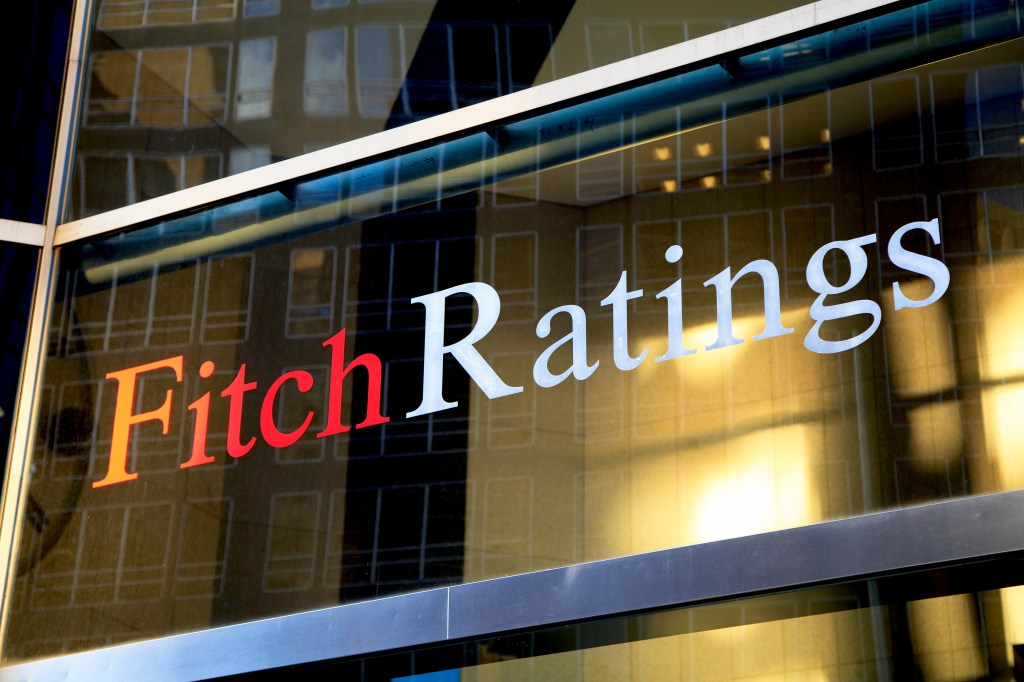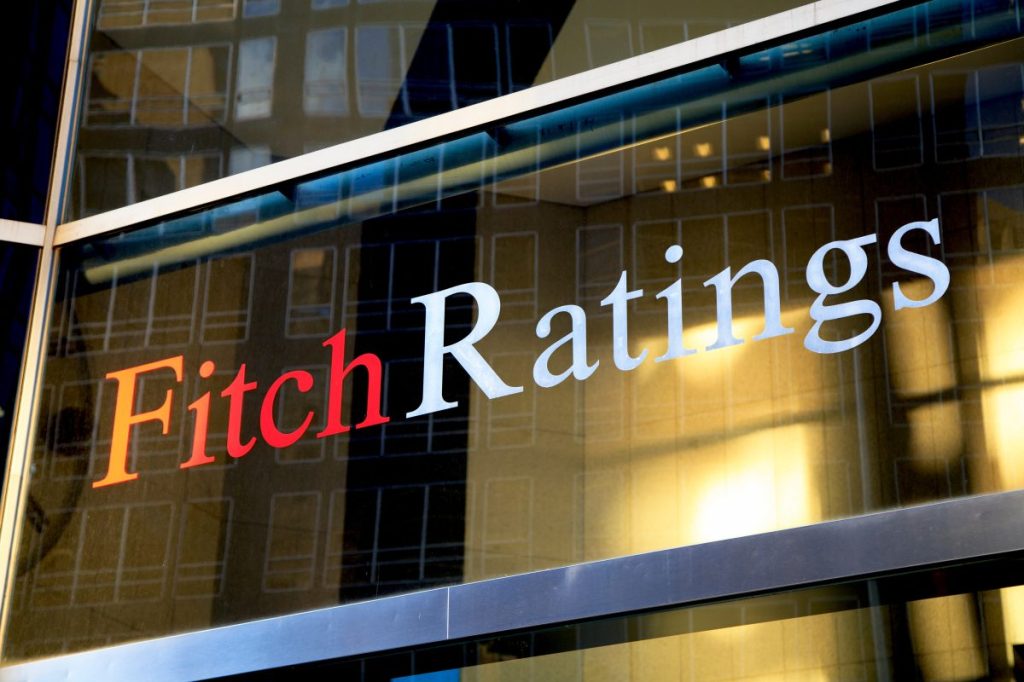
Credit rating agency Fitch this week revised the long-term issuer default ratings (IDRs) for five nonbank residential mortgage lenders based on their financial performances in the first half of 2022. The results: downgraded two companies and set a negative outlook for four.
Amid surging rates, lower origination volumes and fiercer competition, the capacity to efficiently reduce costs, control leverage and maintain liquidity will determine how successful these companies are during the most challenging mortgage market in decades. Some industry observers are bracing for mortgage rates in the 8% range in the coming months.
Notably, Fitch downgraded Finance of America’s (FoA) rating from B+ to B-, maintaining the negative outlook, based on the expectation the company’s leverage will remain elevated over the medium term amid weak earnings. The lender’s gross debt to tangible assets – a measure of leverage – was 10.2x as of June 30, up from 8x the prior quarter.
FoA is trying to navigate the current landscape by cutting jobs, trying to sell its retail business – a deal with Guaranteed Rate collapsed, as HousingWire first reported – and shutting down its wholesale channel.
“There is execution risk and cash burn associated with FOA’s plan to reduce expenses sufficiently to begin rebuilding capital to take leverage below 7.5x within the outlook horizon,” Fitch wrote.
In addition, “Recent covenant breaches, resulting from reduced profitability and higher leverage, are also viewed negatively and create some concern for the company’s ability to extend debt maturities and secure future funding.”
On the bright side, FOA has, among other strengths, a leading reverse mortgage market position, an experienced senior management team and appropriate risk controls, Fitch analysts wrote.
Leverage levels are also a concern for privately-held Freedom Mortgage, which had multiple layoff rounds this year and continues to “offshore” its workforce. Fitch maintained the lender’s BB- rating, but the outlook was revised from stable to negative.
Earnings to be pressured in the near term as volume and margin outlooks are lower for the remainder of 2022 and into 2023, and there is more limited MSR valuation upside from additional rate rises.
Fitch Ratings’ latest Review on United WholesalE Mortgage
Freedom’s corporate leverage was 1.7x as of June 30, above the long-term average of 1.3x and the management’s target of 1.5x. The agency believes that with weak earnings performance and an increase in debt to fund the acquisition of mortgage servicing rights (MSRs), leverage may remain elevated over the medium term.
Freedom has a multichannel approach and retains servicing rights, which serves as a “natural hedge” to the cyclicality of origination business – rising rates and lower prepayment increase the value of MSRs, which can be sold to support liquidity.
However, although the write-up in MSRs benefited Freedom in 2022, there is more limited valuation upside in the near term from further rate rises, according to Fitch. In addition, Freedom’s ratings are also constrained by its high level of exposure to Ginnie Mae loans with higher advancing needs and potential regulatory scrutiny.
Wholesale lenders
Fitch also downgraded New Jersey-based Provident Funding Associates from B+ to B, maintaining the negative outlook. The actions reflect weakened profitability expectations in the near term for wholesale channel-focused originators amid stronger competition.
According to the agency, the reduction in Provident’s origination and servicing footprint could weaken its long-term franchise value and earnings potential over time, despite its focus on higher quality and agency-eligible loans.
“Provident will experience lower origination volumes and compressed gain-on-sale margins through the outlook horizon given the rising interest rate environment and intense competition among mortgage lenders,” the agency wrote.
Regarding pure wholesale lenders, Fitch did not change Home Point Capital‘s B rating and maintained its negative outlook. The agency believes there is an “execution risk” with recently announced initiatives to right-size the business and its plan to specialize in the wholesale lending channel while maintaining adequate profitability.
The Michigan-based lender leadership “reset the organization,” Willie Newman, the CEO and president, told HousingWire late last month. The company went from about 4,000 workers in the summer of 2021 to about 1,000 in the fall of 2022.
Competition for the company, according to Fitch, will not ease in the near term, thus maintaining downward pressure on profitability.
“Home Point has executed some cost reductions and announced additional plans in response to the reduced volume and more competitive environment, which should support earnings in 2023. However, it is unlikely to accrete to tangible equity materially without a change in the margin or volume environment.”
United Wholesale Mortgage (UWM), the leader in the wholesale channel, represents the biggest threat to its wholesale competitors due to an aggressive and ongoing pricing strategy. The credit rating agency affirmed UWM’s BB- rating and its stable outlook this week.
Fitch wrote that the lender’s earnings had been impacted by the strategy to prioritize market share gains over profits. Declining origination volumes and gain-on-sale margins were partially offset by lower amortization and valuation gains on the MRS portfolio due to lower prepayment speeds.
But “earnings to be pressured in the near term as volume and margin outlooks are lower for the remainder of 2022 and into 2023, and there is more limited MSR valuation upside from additional rate rises.”






